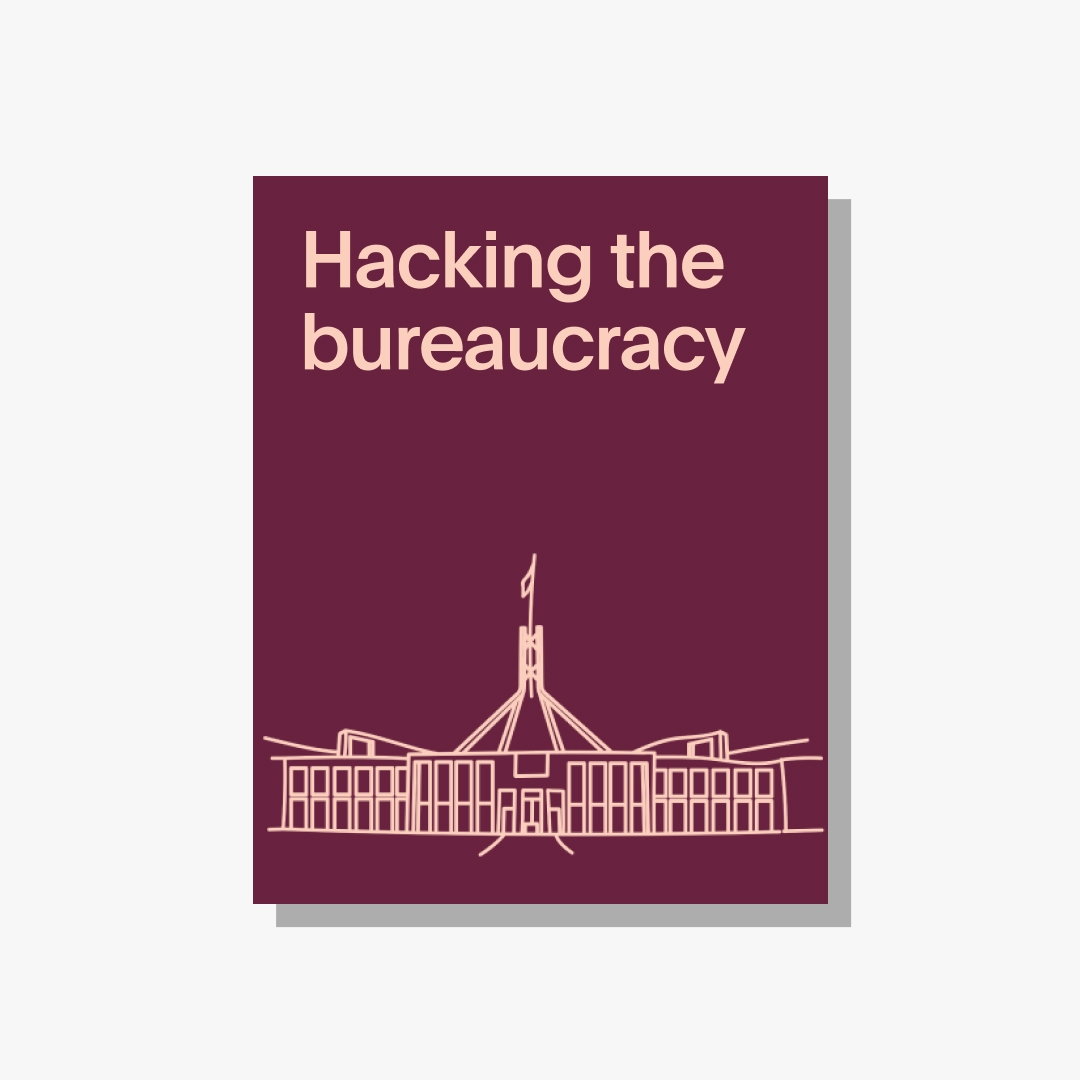Portable has been partnering with a Victorian Government department to develop new initiatives through co-design with people outside of government. We kicked off this engagement with 2 days of co-design training with staff.
As part of the training, we set an ambitious design challenge for our participants: "How might we empower and enable government employees to work in more innovative ways so that they can face the complex challenges in the public sector?"
To begin exploring this question, we gathered stories about the real experiences of public servants, both positive and negative. Several themes emerged:
The role of peer support
People often feel isolated and task-focussed in their work, but want to encourage a culture of peer support and permission to ask for help.
A culture of risk aversion
Staff often feel that there’s risk involved in continuing to do business as usual, however decision-makers in government often perceive diverting from the status quo as the risk.
As a result, many staff feel "trained" over time to work within the status quo, based on past bad experiences that haven't rewarded taking risks.
There are also increasing mandates from a ministerial level for government employees to "be more innovative" and many activities encouraging a culture of new ways of working, however risk aversion at the executive level often blocks change from happening.
Influencing decision makers
People in the public service feel it's their job to influence decision-makers with good data and research, however they feel that they've been trained to tell the Minister's office "what they want to hear".
The immovable force of politics
Many people see the influence of "capital P” politics and stakeholder lobbying as a key blocker to having their good work invested in, however some feel a strong aversion to framing these problems in a way that presents them as an opportunity for positive change.
A lack of communication
There are gaps in the articulation and dissemination of policy statements that hamper the ability of staff to understand the full context of the environment in which they are working, resulting in a lack of cross-department collaboration.
For example, staff feel Climate Change policy is not clearly articulated which results in a lack of direction on how to engage both internally and externally on the subject.
The importance of respect and trust
People have felt the most empowered to do new things when there is a sense of trust and "permission" given from leadership.
When staff are treated as humans, not "resources", they feel respected and empowered to take ownership of their work.
These are some big, hairy challenges, not easily approached. But they're not dissimilar from some of the complex challenges being faced by people in the community. One of the big learnings for staff in our training was to "focus on the problem, not the solution".
"We're trained to leap into solution mode. It's really hard to step back and think about the problem" - workshop participant
One of the great things about co-design is that we can partner with the people who are experiencing the problems we're trying to solve.
The main driver of consistent innovation across all spheres of the public service is work performed by individuals or teams responding to a variety of problems. You can galvanise behind problems. It could be an opportunity to improve a process or system or the sudden visibility of an efficiency that could be made by new technology or tools.
Seeking to define the very thing you want to achieve is key to innovating in government. If you want to really create change, start with the problem, do the work to understand and find out as much as possible about what needs to change.
Download our report about innovation in government
